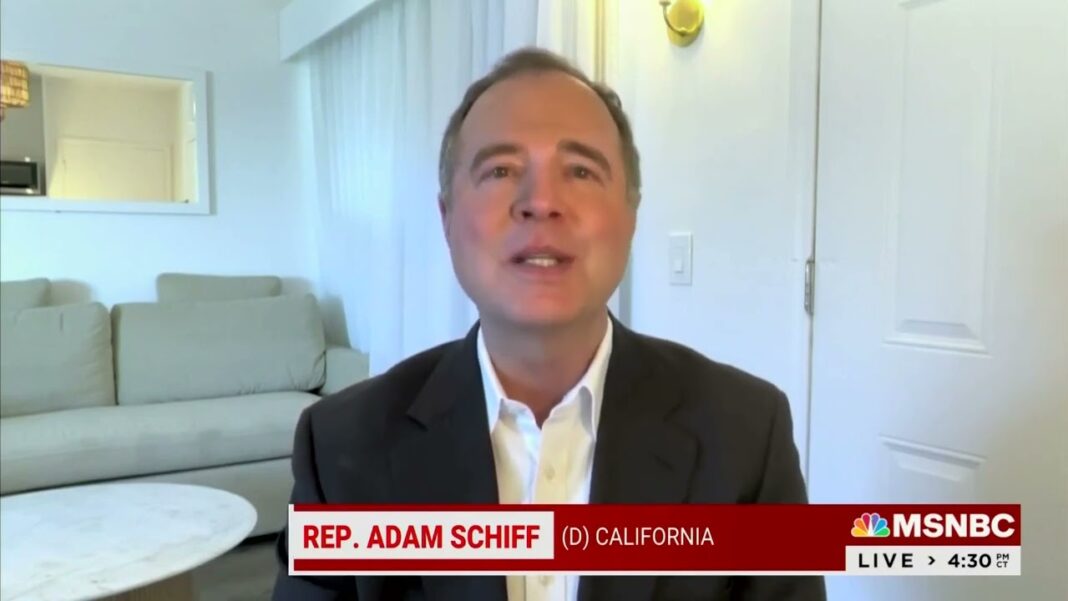Many Americans are embracing this decades old practice of assisting one another rather than buying insurance.
Reagan Noble leaped to block a shot on goal during the last game of the Eureka College soccer team’s 2022 preseason.
The blinding pain he felt on touching the ground came from a torn anterior cruciate ligament. As the 20-year-old was helped from the field, he began a weeks-long journey that included consultation with many doctors, diagnostic imaging, surgery, and physical therapy costing tens of thousands of dollars.
Hoping to return to soccer, he searched for a surgeon familiar with sports medicine. He researched procedures and spoke with several doctors, then settled on a physician in St. Louis.
The provider was a three-hour drive from the Nobles’ home, well beyond the reach of local insurance networks. Not that it mattered—the family was uninsured.
Joel Noble, Regan’s dad, called the hospital to negotiate a fee for self-payment.
After surgery, Reagan Noble left the hospital with a repaired ligament. His father left with a 72-month payment plan.
All told, the injury racked up $70,000 in medical expenses. Yet within four months, every bill was paid in full.
The funds came not from a social media solicitation or GoFundMe campaign, but from members of Samaritan Ministries, a faith-based health care sharing ministry in which the family had participated for years and where Joel Noble is employed.
Health care sharing ministries are groups of like-minded members who pool their resources to share health care expenses.
Health shares are not insurance companies. But they have grown in popularity since the Affordable Care Act required the purchase of health coverage. Qualified health care sharing ministries are exempt from that requirement.
At least 1.5 million Americans now participate in health shares, according to a 2023 report by the State of Colorado.
As Congress considers changes to Medicaid and the Affordable Care Act Marketplace that could leave millions of Americans looking for alternatives, proponents of health shares say they offer greater medical freedom and lower costs.
Critics warn that health shares do not operate under the same laws as insurance companies and could leave members facing unexpectedly high medical bills on their own.
Here’s a look inside the little-known world of health cost sharing.







